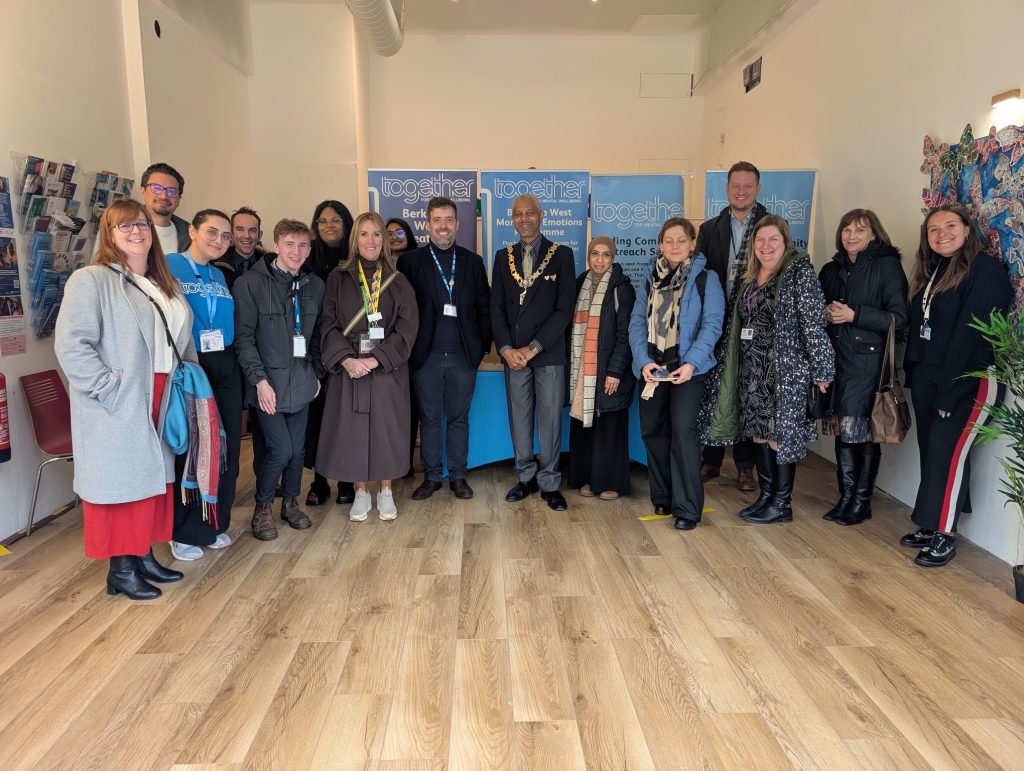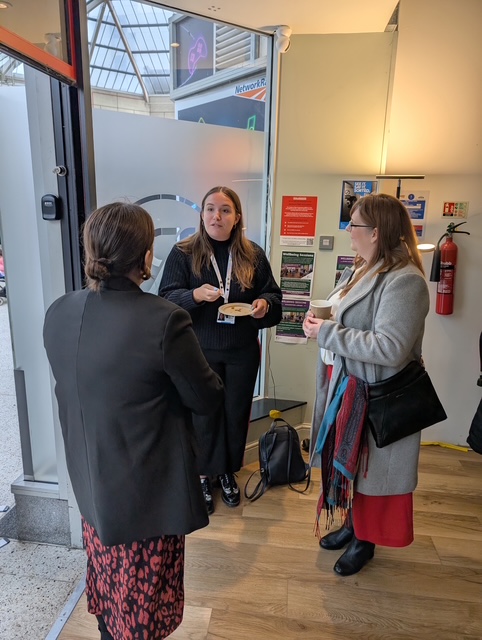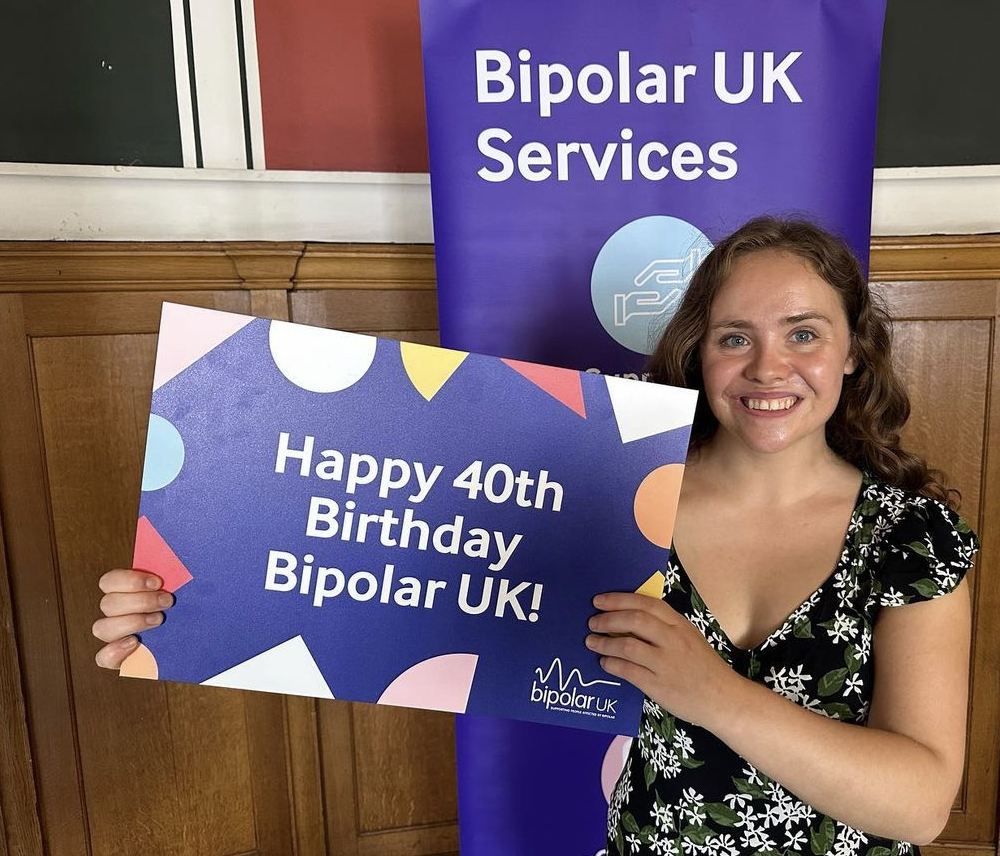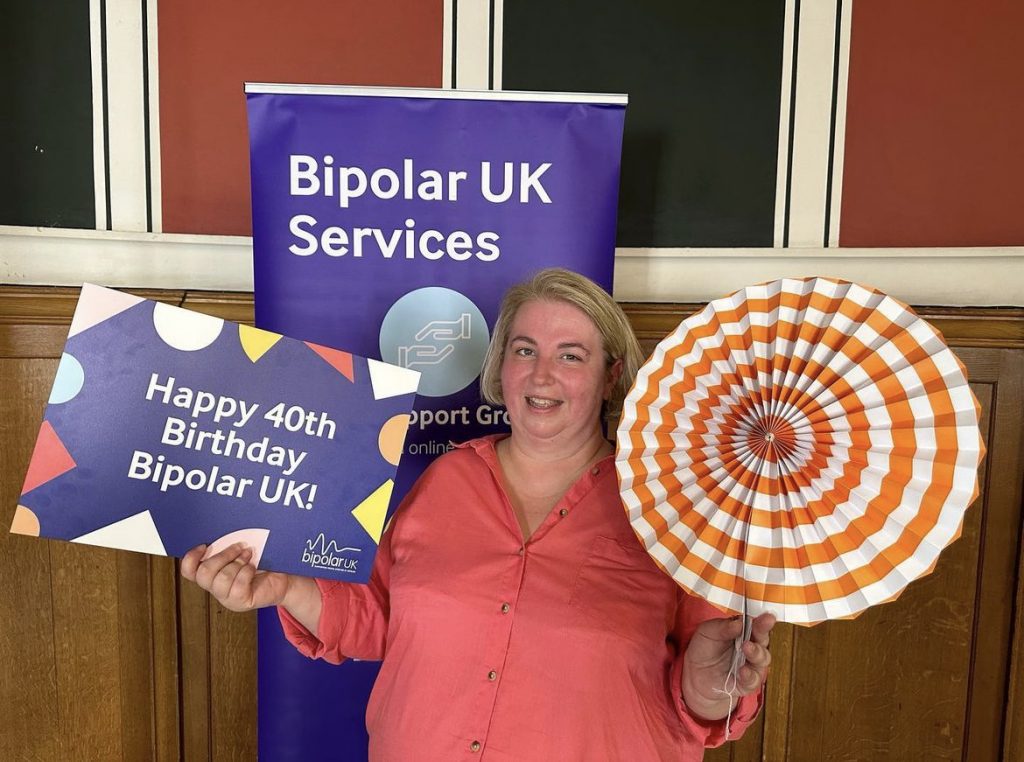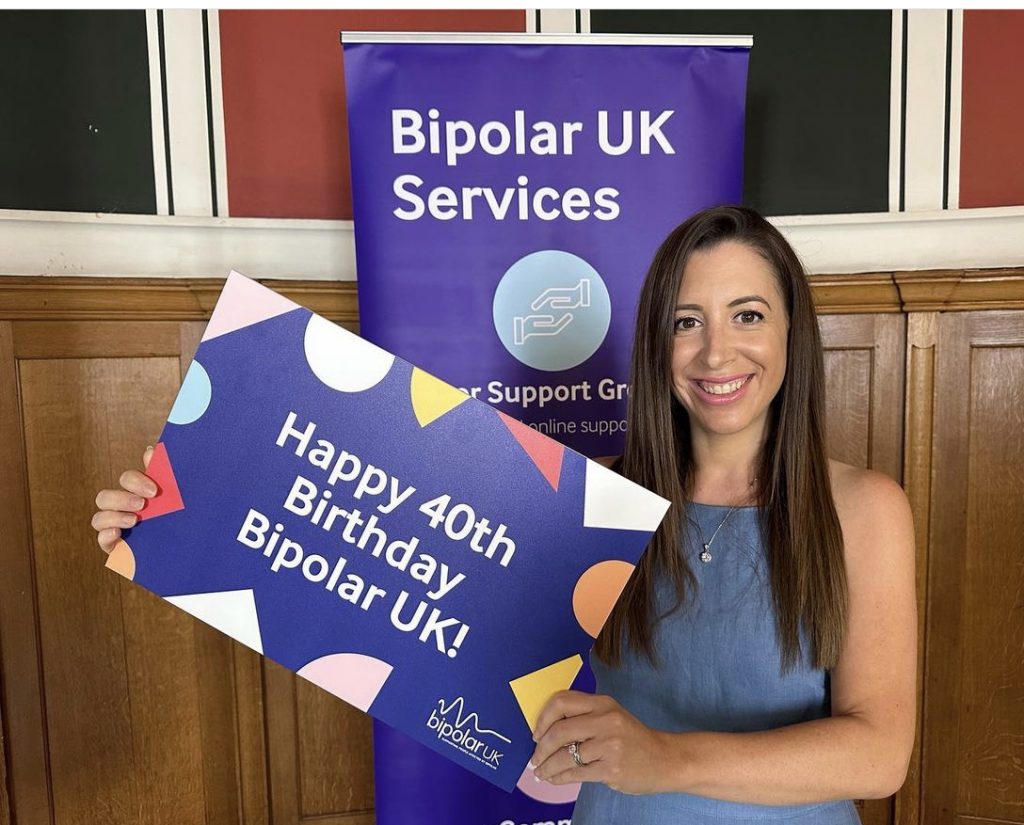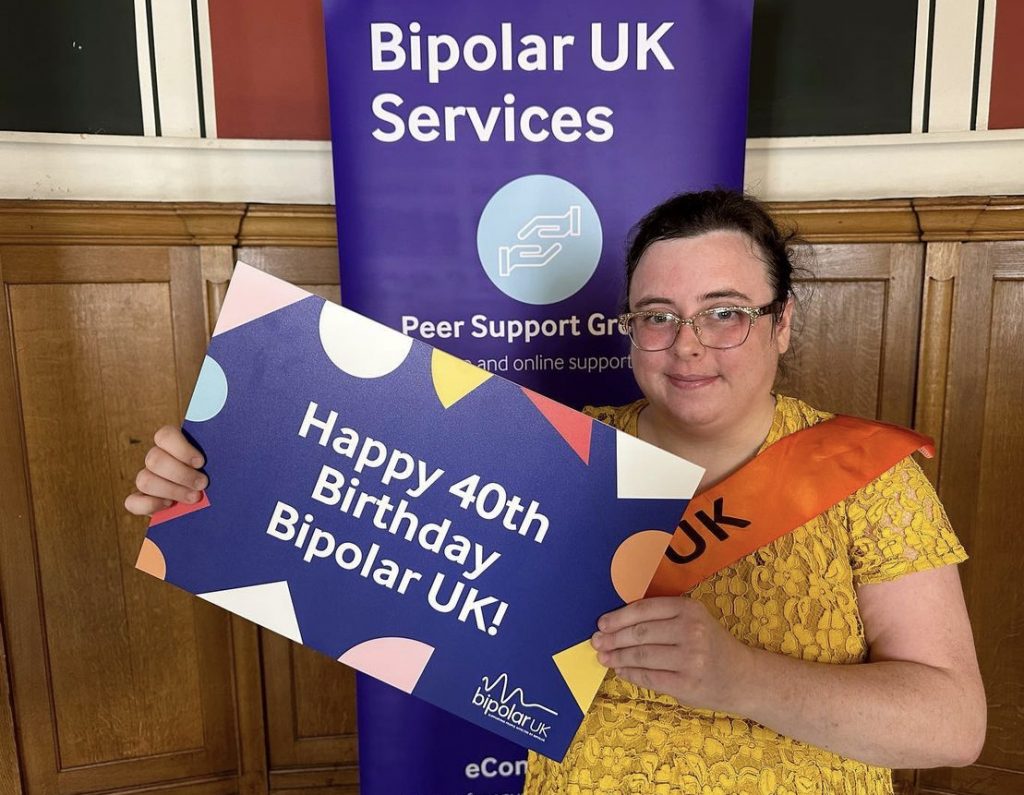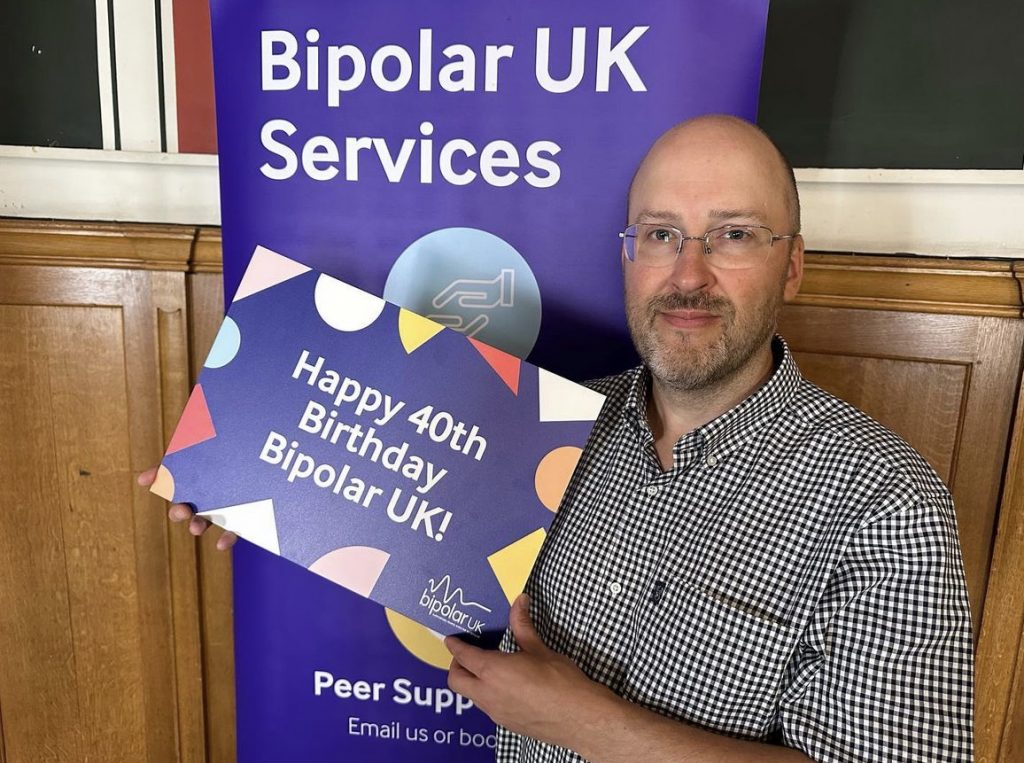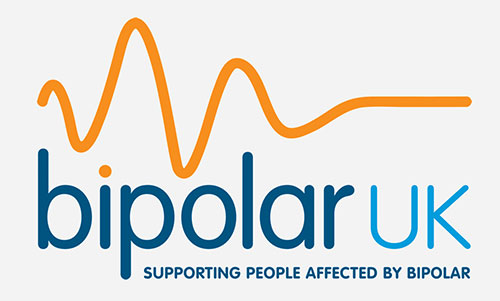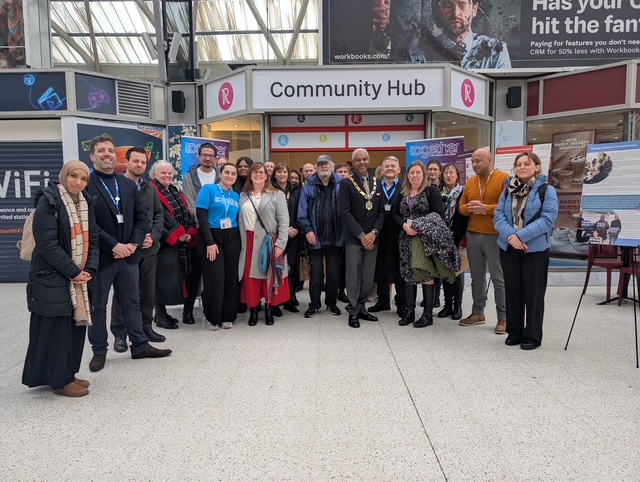
On Friday the 21st of February 2025 Together for Mental Wellbeing officially unveiled the Reading Wellbeing Platform: Support Hub in partnership with Network Rail, Great Western Railway, and British Transport Police.
This innovative service provides direct support and signposting to individuals experiencing a mental health crisis within Reading Train Station, ensuring they receive compassionate guidance and connections to vital community services across Reading and Berkshire.
This pioneering service is made possible through strong collaboration with our valued partners. By offering immediate emotional support and initial assessments, the Support Hub provides an appropriate alternative to emergency services. The service helps to ease the strain on NHS resources and local police while ensuring that individuals receive timely and suitable assistance.
The Reading Wellbeing Platform operates at key busy times during the week, with a focus on safety, wellbeing, and accessibility. Staffed by two trained mental health professionals and volunteers from partner organisations, the hub delivers:
- Compassionate and calming interventions for individuals in crisis.
- Referrals to trusted local partners offering ongoing mental health support, housing, and financial guidance.
- Practical assistance and signposting to ensure individuals receive the care they need.
Since its initial launch in December 2024, the service has already made a significant impact, helping those experiencing acute distress. The team is committed to continuous learning, using lived experiences and feedback to enhance their approach, particularly for individuals facing severe mental health challenges.
A key ambition of the project is to increase mental health awareness and provide targeted resources to partner organisations. By fostering understanding and reducing stigma, the service aims to create a more supportive environment for those in need.
Thank you to all involved in this project!

